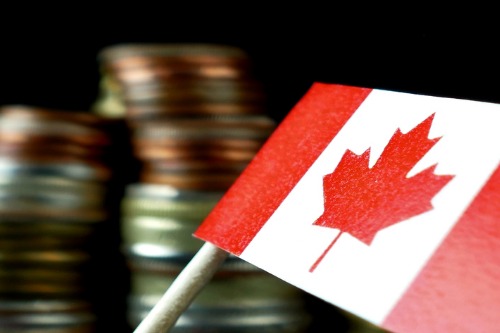Further hardship for the energy sector is just one thing to watch out for under Prime Minister Trudeau’s minority government

In the aftermath of Canada’s federal election on Monday, investors and analysts alike will be generally hard-pressed to come up with any definite predictions. Prime Minister Justin Trudeau and the Liberal party came away with a minority government, which means future developments will depend more heavily on how political interests get aligned.
“The key question now is whether the Liberals decide to try and form a coalition with the NDP or Bloc Québécois, or if they look to work more on an issue-by-issue basis,” said Mike Archibald, associate portfolio manager at AGF Investments in a recent commentary.
For what it’s worth, Trudeau said in his first press conference after the election that the Liberal party has no plans to form any sort of coalition, preferring to move ahead with legislation on a case-by-case basis. That spells added uncertainty in the resolution of national issues, of which Archibald identified three that may impact financial markets in the coming days and weeks.
“Pipeline construction will continue to remain a hot topic, as the Liberal government wants to get it passed to help Western Canada,” Archibald said. Such a move is politically risky, however, as it could leave the NDP disaffected and unwilling to offer their support on other legislative issues.
“The energy sector also didn’t get any favours from the Bloc Québécois’ dramatic increase in seat count and return to official party status,” he continued. BQ is opposed to further pipeline expansion, though it has promised not to form a coalition and will instead vote on an issue-by-issue basis, offering their support depending on how much a given move would benefit Quebec.
Should a Liberal and NDP coalition hold, Archibald said, spending will likely increase meaningfully, leading to an increased probability of larger deficits in the next two years. With that in the cards, Canadians should brace for continued budget deficits over the medium term, “with tax increases at the top end of the income distribution to pay for the incremental spending.”
Along with higher deficits, he said, comes the likelihood of a weaker loonie over the medium term.
And in line with other governments around the world, as well as many companies and institutional investors with an increasing focus on ESG risks, Archibald said Canada will continue to focus on policies to curb climate change.
“[T[he Liberals and NDP [will continue] to push this as a major agenda item,” he said, forecasting continued increases in carbon tax and a consequently greater impact on Canadian consumers in the coming years. “The Conservatives clearly didn’t pass the test with voters on having a clear and decisive climate plan that would swing voters in the middle towards the right.
“Overall, investors should expect limited stock market reaction on this outcome,” Archibald said, “but energy stocks won’t get any relief bounce and could see a further deterioration in sentiment towards the space.”



